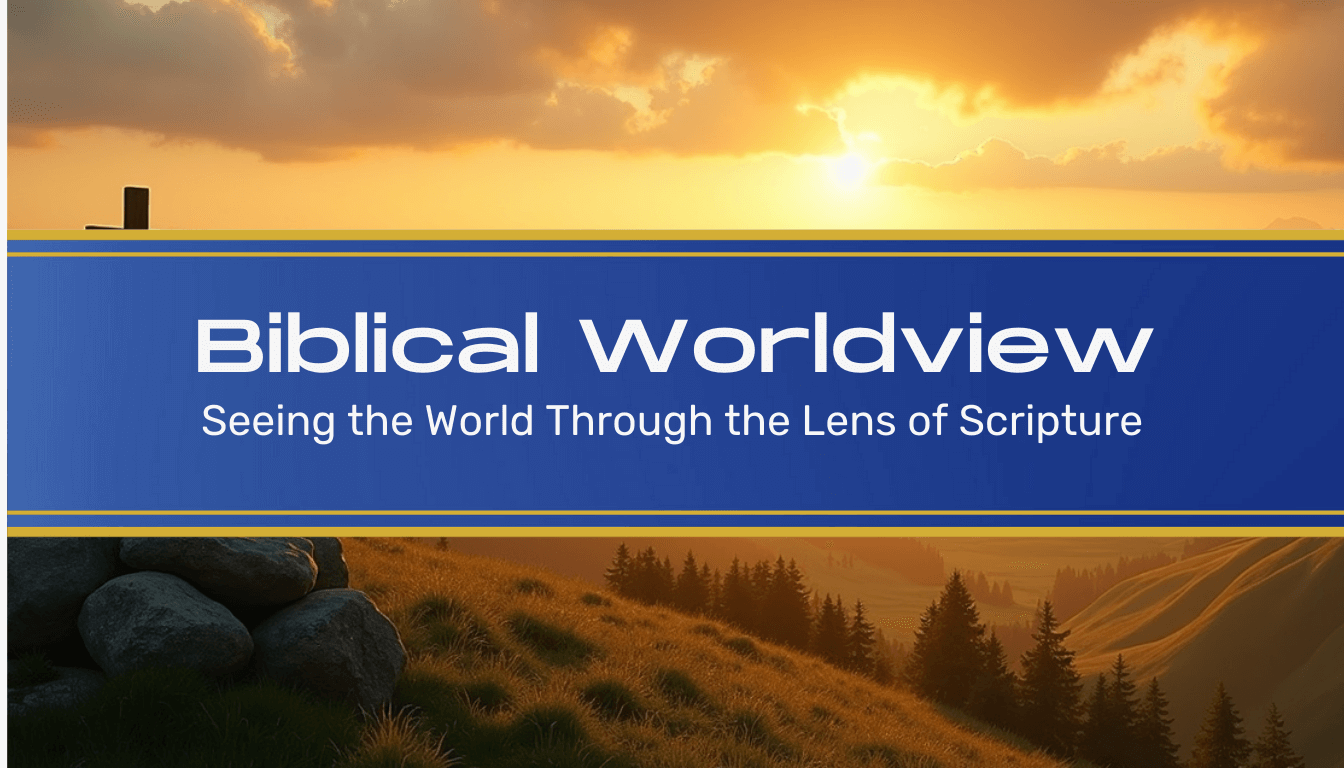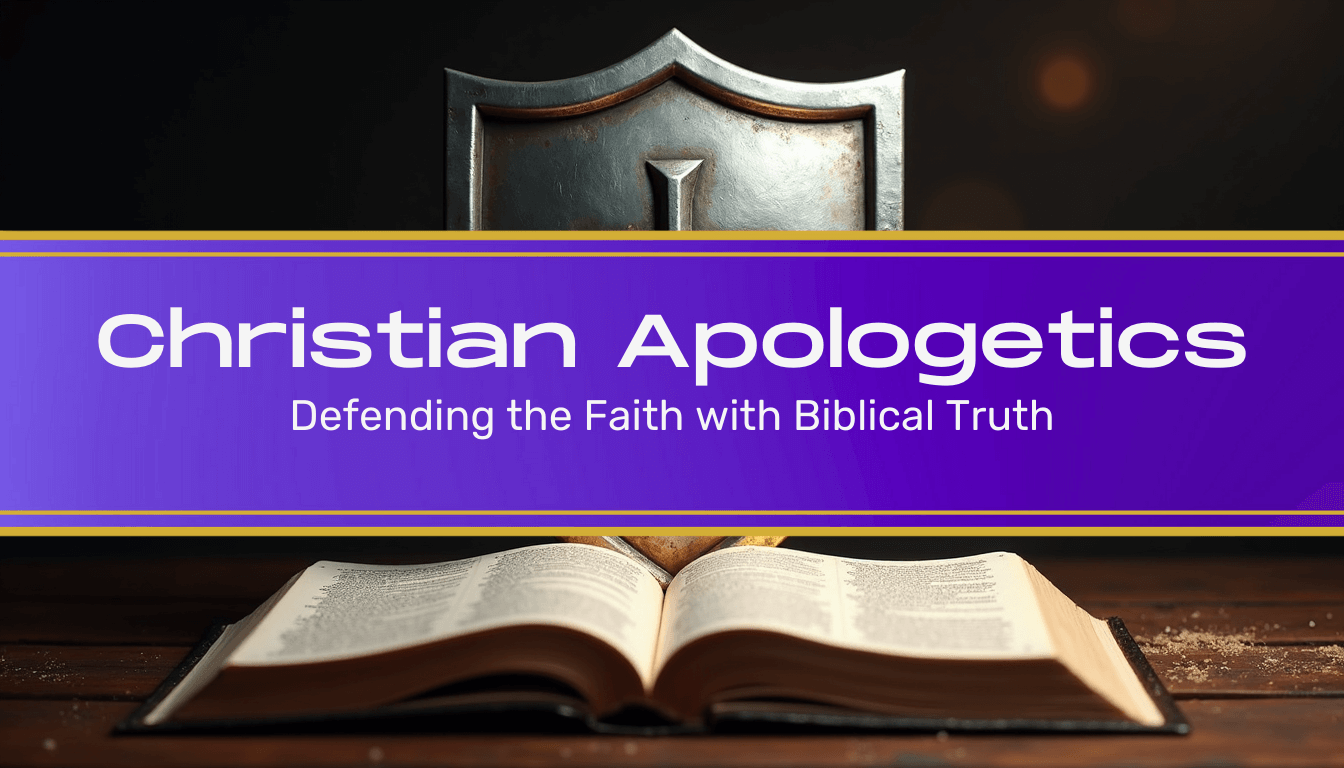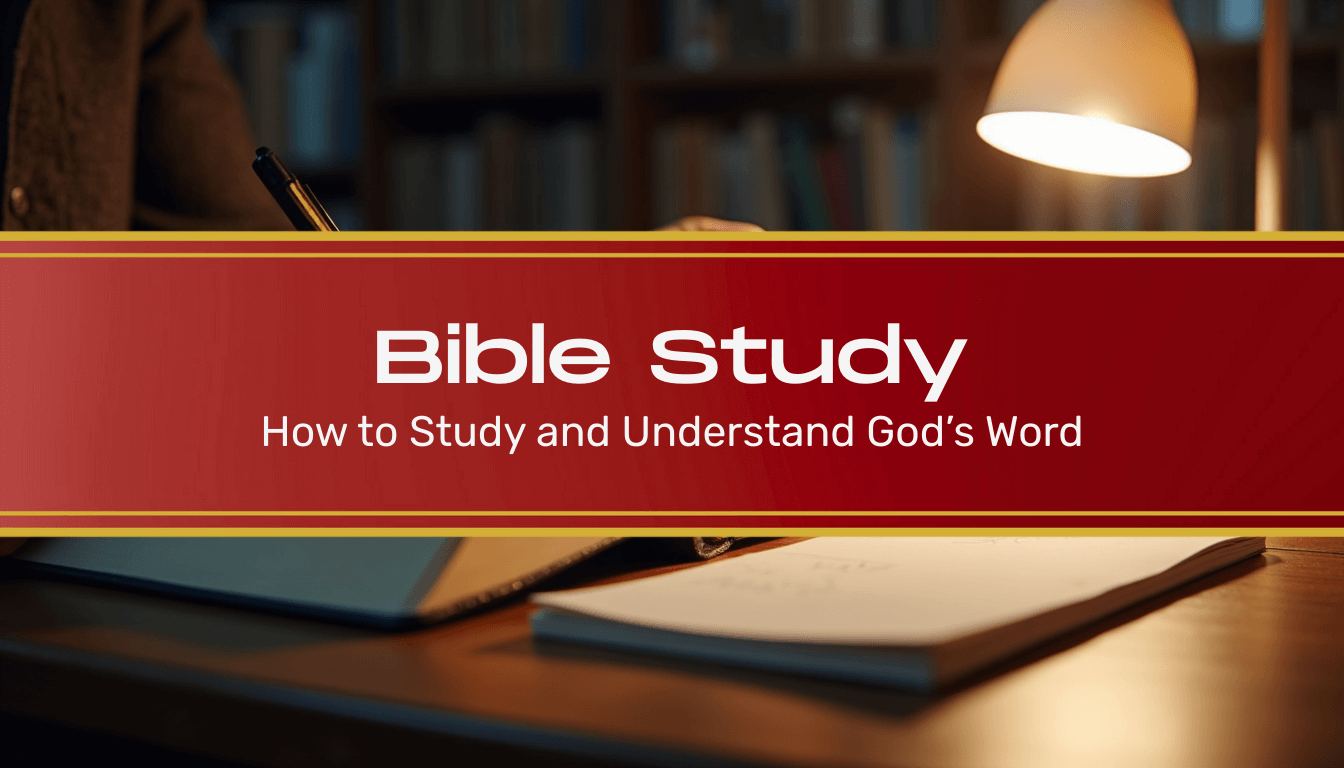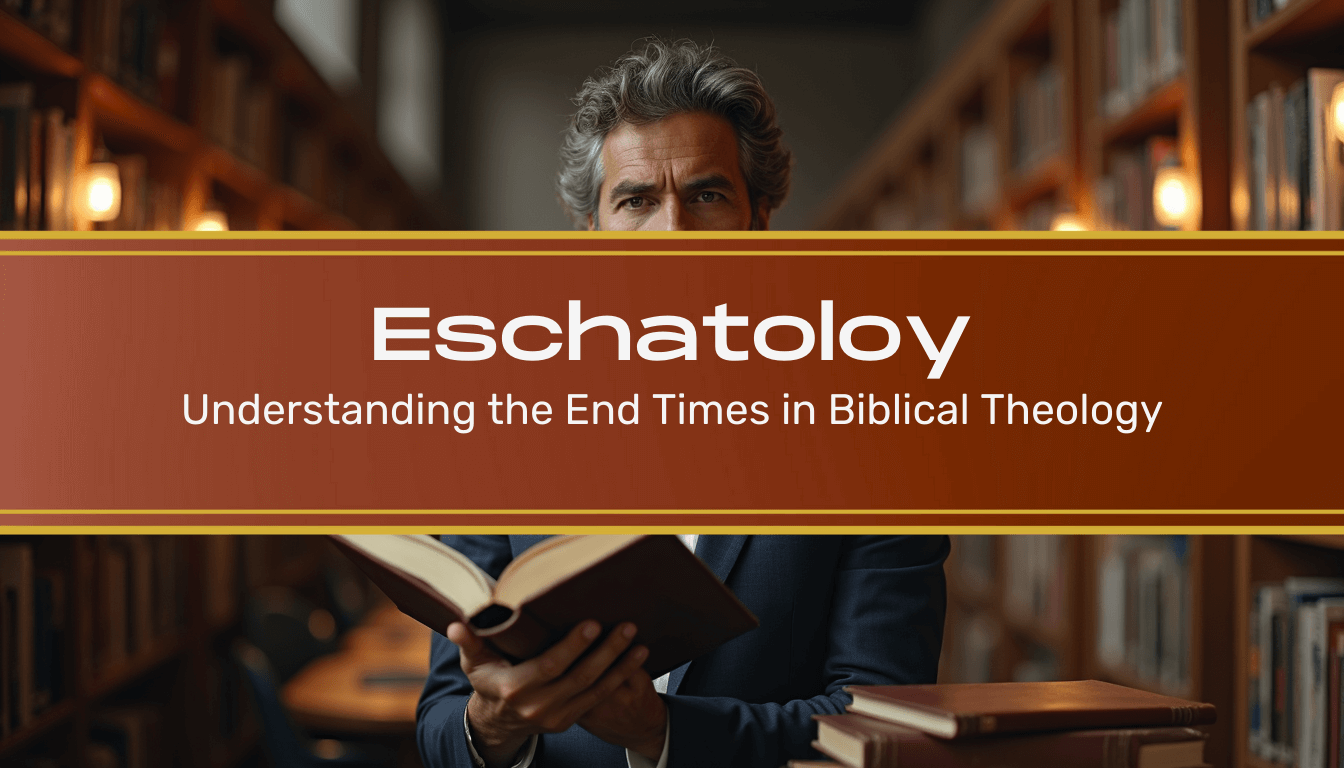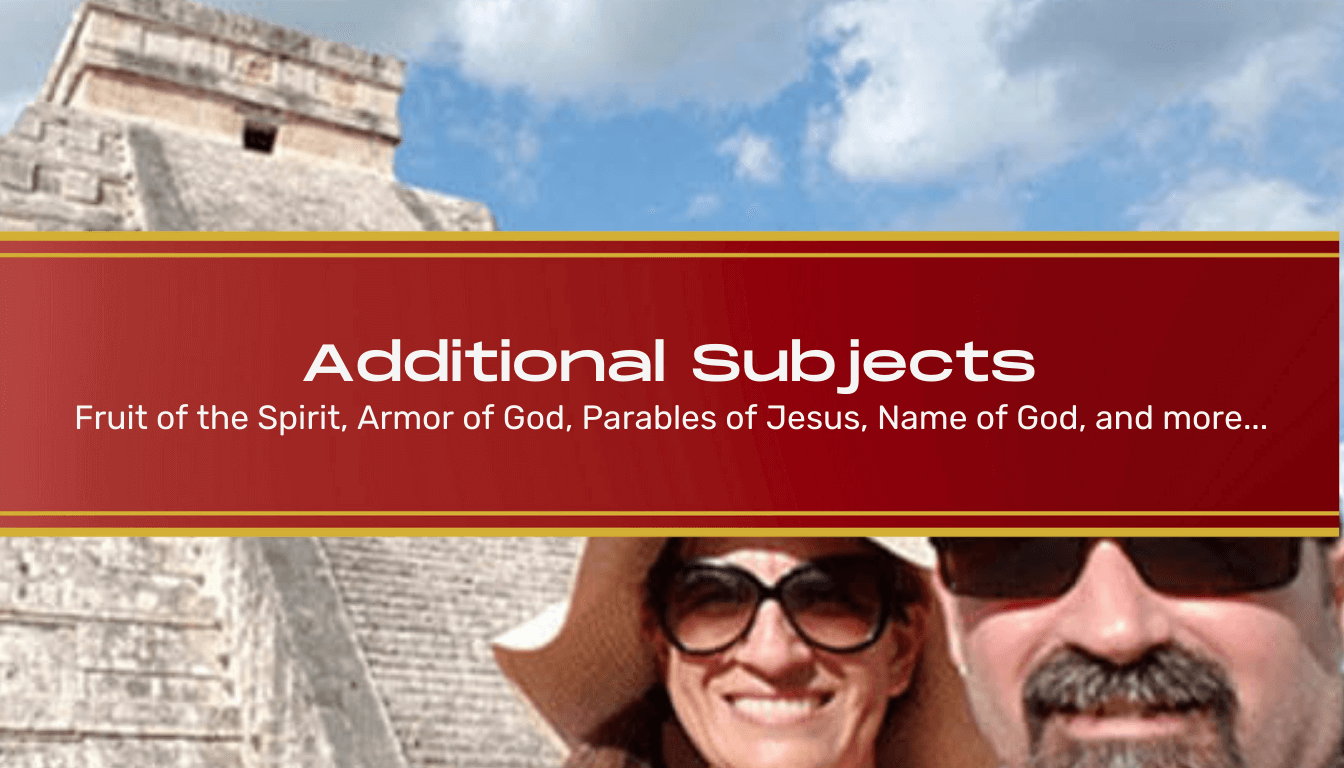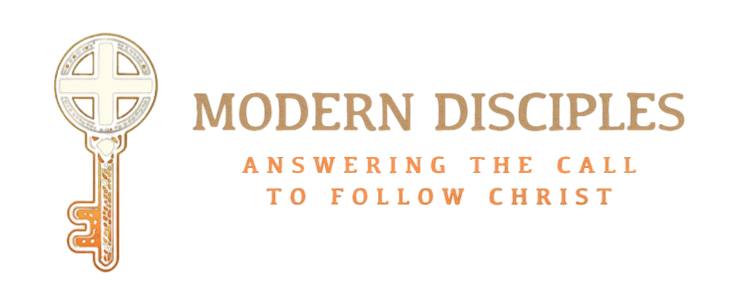
Reformed Theology
A Biblical Framework for Understanding God's Sovereignty
Most Christians are comfortable with a domesticated God—one who suggests, hopes, and reacts to human choices. But what if God is actually in control? What if He's not just hoping things work out but actively orchestrating everything according to His perfect plan? Micro-promise: Reformed Theology isn't about making God smaller or more manageable—it's about embracing the biblical truth that God is absolutely sovereign over everything, including your salvation.
I used to think Reformed theology was for people who enjoyed making God sound harsh and unapproachable. Then I actually studied what Scripture says about God's sovereignty, and I discovered something life-changing: a God who controls everything is infinitely more comforting than a God who's just doing His best.
Reformed theology doesn't start with human philosophy and work toward God. It starts with Scripture and asks, "What does God actually say about Himself?" The answer is both humbling and liberating: God is completely sovereign, salvation is entirely by grace, and everything exists for His glory.
This isn't about theological systems competing for intellectual superiority. This is about understanding who God really is and how He actually saves sinners.
Sharp Edge: If your God is small enough for you to fully understand, you're not worshiping the God of the Bible. You're worshiping an idol that looks suspiciously like yourself.
What Reformed Theology Actually Teaches
God's Absolute Sovereignty
Reformed theology teaches that God is sovereign over everything—not just the "big" things like salvation and natural disasters, but everything. Every decision, every circumstance, every seemingly random event falls under His control.
This doesn't make God the author of sin, but it does mean nothing happens outside His sovereign plan. Ephesians 1:11 says God "works all things according to the counsel of his will." Not some things. All things.
Salvation by Grace Alone
You didn't choose God—He chose you. You didn't contribute to your salvation—He accomplished it completely. You don't maintain your salvation—He preserves it eternally.
This isn't about God being mean to some people and nice to others. This is about recognizing that dead people can't choose life, blind people can't choose sight, and spiritually dead sinners can't choose spiritual life without God's intervention.
Scripture's Ultimate Authority
The Bible isn't one voice among many—it's the final authority. Church tradition, human reason, and personal experience must submit to Scripture's teaching, not the other way around.
This means when Scripture contradicts popular opinion, cultural trends, or even church tradition, Scripture wins. Always.
The Glory of God as Life's Purpose
Everything exists for God's glory, not human happiness. This doesn't mean God doesn't care about human flourishing, but it means human flourishing serves a higher purpose: displaying God's greatness.
The Five Solas: Reformation Foundations
The Protestant Reformation recovered five crucial truths that had been obscured by medieval church practice. These "solas" (Latin for "alone") form the foundation of Reformed theology.
Sola Scriptura (Scripture Alone)
The Bible is the ultimate authority for faith and practice. Not the Pope, not church councils, not tradition—Scripture alone.
Why it matters: Without this foundation, Christianity becomes whatever humans want it to be. Scripture provides the objective standard that keeps faith anchored to truth.
Sola Fide (Faith Alone)
Justification comes through faith alone, not faith plus works. You're declared righteous based on Christ's righteousness credited to your account, not your moral performance.
Why it matters: This destroys religious pride and performance-based Christianity. You can't earn salvation, maintain salvation, or lose salvation through your efforts.
Sola Gratia (Grace Alone)
Salvation is entirely a gift of God's grace. You don't deserve it, earn it, or contribute to it. God saves sinners because He chooses to, not because they're worth saving.
Why it matters: Grace alone means salvation is secure. If it depended on you, you'd lose it. Since it depends on God, it's guaranteed.
Solus Christus (Christ Alone)
Jesus is the only mediator between God and humanity. No saints, no priests, no religious system—only Christ.
Why it matters: This gives you direct access to God through Jesus. You don't need human intermediaries or religious rituals to approach God.
Soli Deo Gloria (Glory to God Alone)
Everything exists for God's glory, not human glory. Life's purpose is to display God's greatness, not to make you happy or successful.
Why it matters: This transforms how you view everything—work, relationships, suffering, success. It's all about God, not about you.
The Doctrines of Grace (TULIP)
TULIP summarizes how Reformed theology understands salvation. These aren't arbitrary theological positions—they're biblical conclusions about how God saves sinners.
Total Depravity
Humans are completely corrupted by sin. This doesn't mean we're as bad as we could be, but that sin affects every part of our nature—mind, will, emotions, body.
The result: We can't seek God, choose God, or please God without His intervention. We're spiritually dead, not just spiritually sick.
Biblical support: Romans 3:10-12, Ephesians 2:1-3, 1 Corinthians 2:14
Unconditional Election
God chooses who will be saved based on His sovereign will, not on anything He foresees in them. Election is unconditional—not based on faith, works, or any human quality.
The result: Salvation is secure because it depends on God's unchanging choice, not human performance.
Biblical support: Ephesians 1:4-5, Romans 9:11-16, 2 Timothy 1:9
Limited Atonement
Christ's death actually saves specific people—the elect—rather than just making salvation possible for everyone. His atonement is limited in scope but unlimited in power.
The result: Christ's death guarantees salvation for those He died for. It's not just a potential salvation—it's an accomplished salvation.
Biblical support: John 10:11-15, Matthew 1:21, Ephesians 5:25
Irresistible Grace
When God calls someone to salvation, they will respond. His grace is so powerful that it overcomes human resistance and brings dead hearts to life.
The result: Everyone God intends to save will be saved. His grace doesn't fail.
Biblical support: John 6:37-44, Acts 16:14, 1 Corinthians 1:23-24
Perseverance of the Saints
Those whom God saves will persevere in faith until the end. True believers cannot lose their salvation because God preserves them.
The result: Eternal security. If you're truly saved, you'll remain saved because God keeps you saved.
Biblical support: John 10:27-29, Philippians 1:6, 1 Peter 1:3-5
Why This Matters for Your Daily Life
It Changes How You Pray
If God is sovereign, prayer isn't about convincing Him to change His mind—it's about aligning your heart with His will. You pray with confidence, knowing He's in control.
It Transforms How You Handle Suffering
When bad things happen, you don't have to wonder if God lost control or if He's punishing you. You can trust that He's working everything for your good and His glory (Romans 8:28).
It Affects How You Share the Gospel
You don't have to pressure people into decisions or manipulate emotions. You faithfully share the Gospel, trusting God to save whom He will save.
It Shapes How You View Success and Failure
Your worth isn't based on your performance because your salvation isn't based on your performance. This frees you to take risks, serve others, and live boldly.
Common Reformed Theology Objections
"It Makes God Unfair"
The objection: How can God choose some and not others? That's not fair!
The response: Fair would be everyone going to hell because everyone deserves judgment. Grace, by definition, is undeserved. God isn't obligated to save anyone, so saving some is mercy, not injustice.
"It Makes Evangelism Pointless"
The objection: If God has already chosen who will be saved, why evangelize?
The response: Because God uses means to accomplish His ends. He saves people through the preaching of the Gospel (Romans 10:14-17). Evangelism is the method God uses to reach His elect.
"It Makes Humans Robots"
The objection: If God controls everything, humans have no real choices.
The response: Reformed theology affirms human responsibility alongside divine sovereignty. You make real choices, but God sovereignly works through those choices to accomplish His purposes.
"It's Too Harsh"
The objection: Reformed theology makes God sound mean and arbitrary.
The response: Reformed theology actually magnifies God's grace by showing how undeserved salvation really is. The harsh reality is human sin—God's grace is the solution.
We don't sidestep hard topics. We face them with Scripture, honesty, and respect. Start by exploring our category pages—they're practical and built to help you think biblically. If what you find is useful, take your time and drill down into the articles within each category. If you do, you'll learn a lot—and you'll be better equipped to live like Christ.
The Trinity Explained: Understanding One God in Three Persons - Understand the foundational doctrine of one God existing in three persons: Father, Son, and Holy Spirit.
Systematic Theology: Organizing Biblical Truths for Deeper Understanding - Learn how systematic theology organizes biblical truths into coherent frameworks for deeper understanding.
Arminianism vs. Calvinism: Understanding the Debate on Free Will and Predestination - Examine the theological debate between Arminian and Calvinist perspectives on salvation and divine sovereignty.
Put This Into Practice
• Study one of the Five Solas this week by reading the supporting Bible passages and reflecting on how it applies to your life.
• Memorize Romans 8:28-30 to understand how God's sovereignty and love work together in your salvation.
• Read through Ephesians 1:3-14 and identify how each person of the Trinity contributes to your salvation.
• Practice explaining one doctrine of grace (like Total Depravity) using only Bible verses, not theological jargon.
• Spend time in worship focusing on God's sovereignty, thanking Him for His control over your circumstances.
Sharp Edge: If you're more concerned about defending human free will than you are about magnifying God's grace, you've missed the point of the Gospel. The good news isn't that you chose God—it's that God chose you.
Conclusion
Reformed theology isn't about winning theological debates—it's about understanding who God really is and how He actually saves sinners. It's about recognizing that salvation is God's work from start to finish, not a cooperative effort between you and Him.
This theology humbles human pride and magnifies divine grace. It shows you a God who's big enough to save you completely and sovereign enough to keep you saved eternally.
Stop trying to make God fit your preferences. Let Scripture shape your understanding of His sovereignty, grace, and glory. The God revealed in Reformed theology is worth worshiping, trusting, and serving with your entire life.
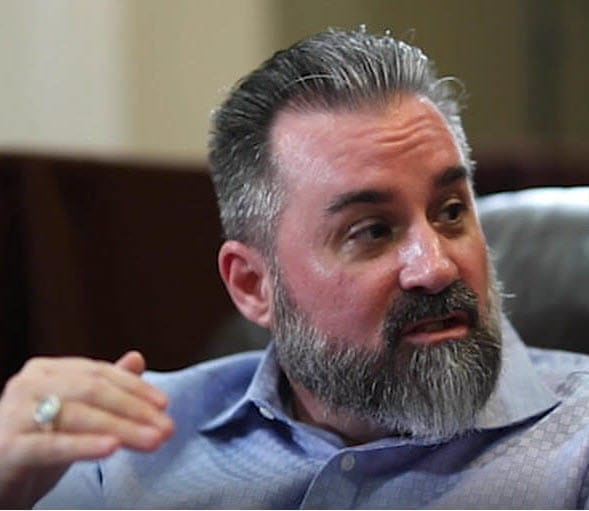
Chris Daniel, just a servant of Christ calling others to be ready. Like the Bereans, I try to examine Scripture daily to see if what I hear is true. If you're struggling to live as we're called, you're still in the fight. Don't give up.
Category 2 - Christian Apologetics

Category 3 - Bible Study

Category 4 - Theology


"Most middle-class Americans tend to worship their work, work at their play, and play at their worship. As a result, their meanings and values are distorted. Their relationships disintegrate faster than they can keep them in repair. Their lifestyles resembles a cast of characters in search of a plot." - Gordon Dahl
"The Bible is a reliable collection of historical documents written down by eyewitnesses during the lifetime of other eyewitnesses that report supernatural events that took place in fulfillment of specific prophecies and claimed their writings were divine rather than human in origin."
- Dr. Voddie Baucham on 2 Peter 1
